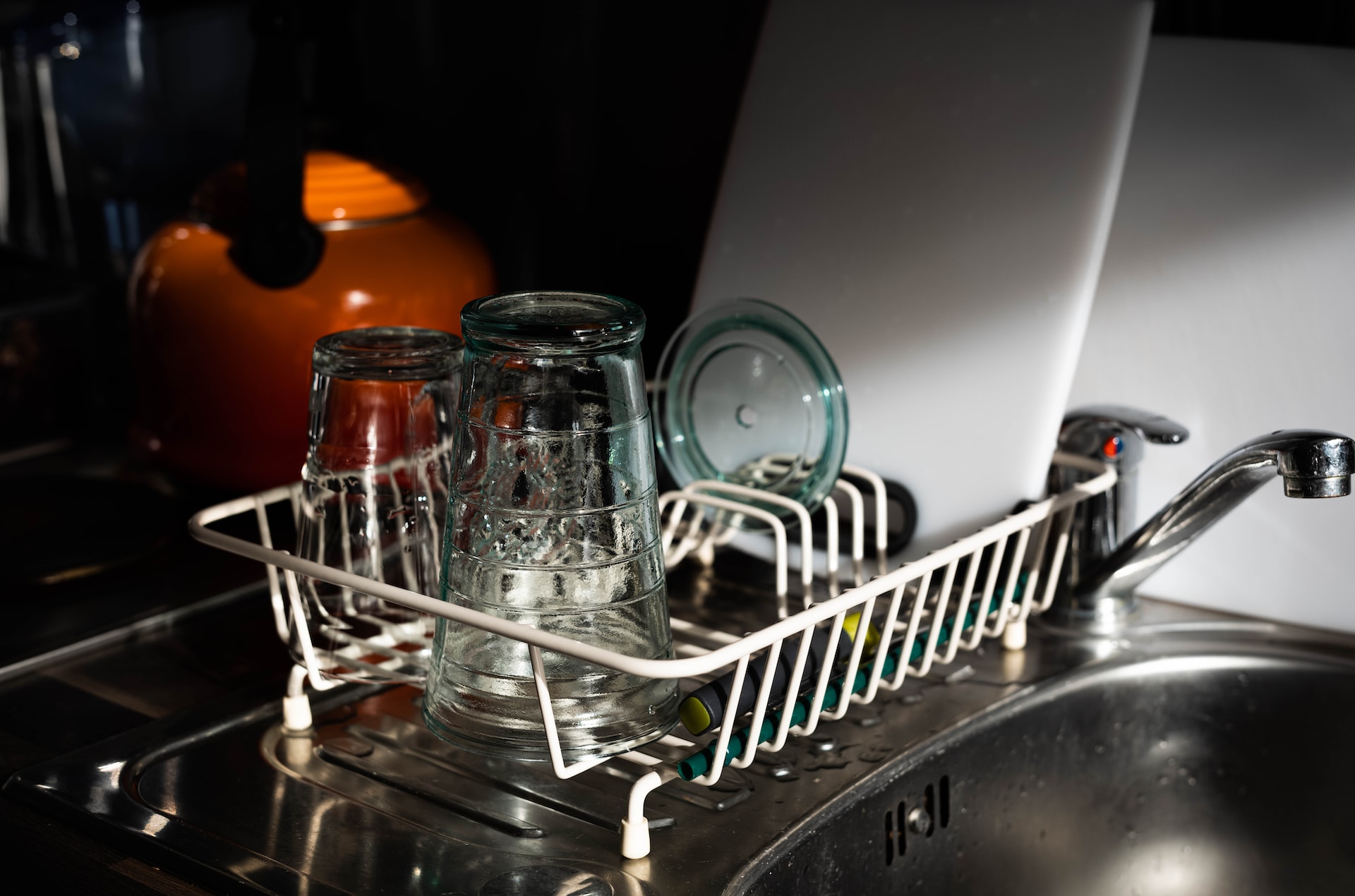When It's Time to Replace Your Dishwasher
You’re scrubbing your plates before loading them in the dishwasher, aren’t you? Notice your water bill creeping up? It’s likely time to replace your dishwasher.
In this guide, we’ll help you identify performance issues, understand the significance of excessive noise, consider the age of your dishwasher, and weigh repair costs versus replacement.
So, let’s dive in and get your kitchen back on track.
Recognizing Dishwasher Performance Issues
If you’re noticing your dishes aren’t coming out as clean as they used to, it’s time to delve into potential performance issues with your dishwasher. Inconsistent cleaning can be a major red flag, indicating your appliance might be on its last legs. You might find spots or residues left on your dishes, or even worse, they mightn’t be sanitised properly.
Another alarming issue could be dishwasher leakage. If you’re frequently finding puddles of water around your dishwasher, don’t ignore it. This might indicate a problem with the seals or the door latch. Not only is this wasting water, but it’s also a potential hazard, as it could lead to structural damage or mold.

Signs of Excessive Noise
In addition to performance issues, excessive noise from your dishwasher can serve as a clear sign that it’s time for a replacement. It’s important to identify the source of the noise. Is it coming from the motor, pump, or perhaps the drain?
Noise source identification can help determine if a simple repair will suffice or if a full replacement is necessary.
Sound intensity comparison is also a useful tool. Compare the current noise level of your dishwasher to when it was new or functioning properly. If the sound intensity has significantly increased over time and is disturbing your peace, it might be time to invest in a new dishwasher.
Your ears, and possibly your neighbors, will thank you.
The Age of Your Dishwasher
You’ve probably had your dishwasher for several years now, haven’t you? Have you considered the dishwasher lifespan? Typically, these appliances last about 7-12 years, depending on use and maintenance.
But, it’s not just about how long it’s been running. Check the manufacturer’s recommendations for your particular model. Some dishwashers may have a shorter lifespan, while others are designed to last longer. So, don’t just count the years. Look at its performance, too.
Is it still cleaning your dishes efficiently? Or are you seeing spots and residue? If your dishwasher is nearing or has exceeded its expected lifespan and isn’t performing well, it might be time for a replacement.
Increased Water and Energy Usage
Notice any spikes in your water or energy bills lately? This could be a sign that your dishwasher is working harder than it should, using up more resources. A sudden increase in water or energy consumption might suggest your dishwasher’s energy efficiency is declining.

If you’re noticing water bill spikes, it’s likely due to an old or malfunctioning dishwasher. Older models weren’t designed with today’s energy standards in mind and newer ones can start to lose their efficiency over time. This can result in them running longer and using more water and energy.
Evaluating Repair Costs Vs Replacement
When your dishwasher starts causing a surge in your bills, it’s crucial to weigh the cost of repairs against the price of a new appliance.
Begin your assessment with a warranty exploration. If your appliance is still under warranty, repairs might be covered, reducing your out-of-pocket costs.
Next, consider your budget. If the repair costs are 50% or more of a new one, it’s often smarter to replace. Don’t forget to factor in potential energy savings of a more efficient model.
Frequently Asked Questions
What Are Some Common Brands of Dishwashers That Have a Longer Lifespan?
When considering dishwasher brands with long lifespans, you’ll find Miele, Bosch, and KitchenAid top the list. Their reputation for durability’s exceptional and warranties often surpass others, offering you peace of mind for years.
How Can Proper Maintenance Extend the Life of My Dishwasher?
By making wise detergent choices and maintaining regular cleaning frequency, you can significantly extend your dishwasher’s lifespan. Good care prevents build-up and wear, keeping your machine running efficiently for a longer time.
Are There Any Dishwasher Models That Are More Energy Efficient Than Others?
Yes, there are. Look for dishwashers with Energy Star ratings. They’re designed to be more energy efficient. Also, consider professional installation. Following proper dishwasher installation tips can maximize your appliance’s energy efficiency.
How Do I Safely Dispose of My Old Dishwasher When I Replace It?

Disposing of your old dishwasher responsibly reduces its environmental impact. Contact a local waste management company for dishwasher recycling options. They’ll ensure it’s disposed of properly, keeping harmful components out of our landfills.
What Features Should I Look for in a New Dishwasher to Ensure It Lasts Longer and Performs Better?
You should consider dishwasher sizes to ensure a perfect fit. Look for energy efficiency, noise level, and cycle options. Don’t overlook installation considerations, like plumbing and electrical requirements, to ensure a smooth setup.
Conclusion
In short, it’s crucial to pay attention to your dishwasher’s performance. If it’s making excessive noise, is around 10 years old, or using more water and energy than usual, it’s likely time for a replacement.
Weigh the repair costs against the price of a new unit. Remember, it’s not just about saving money now, but considering the efficiency and longevity of your dishwasher in the long run.
Make the smart choice for your household.
